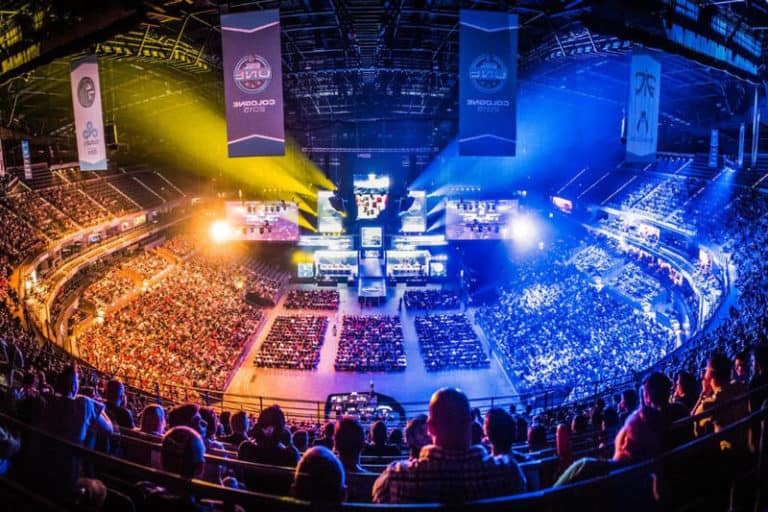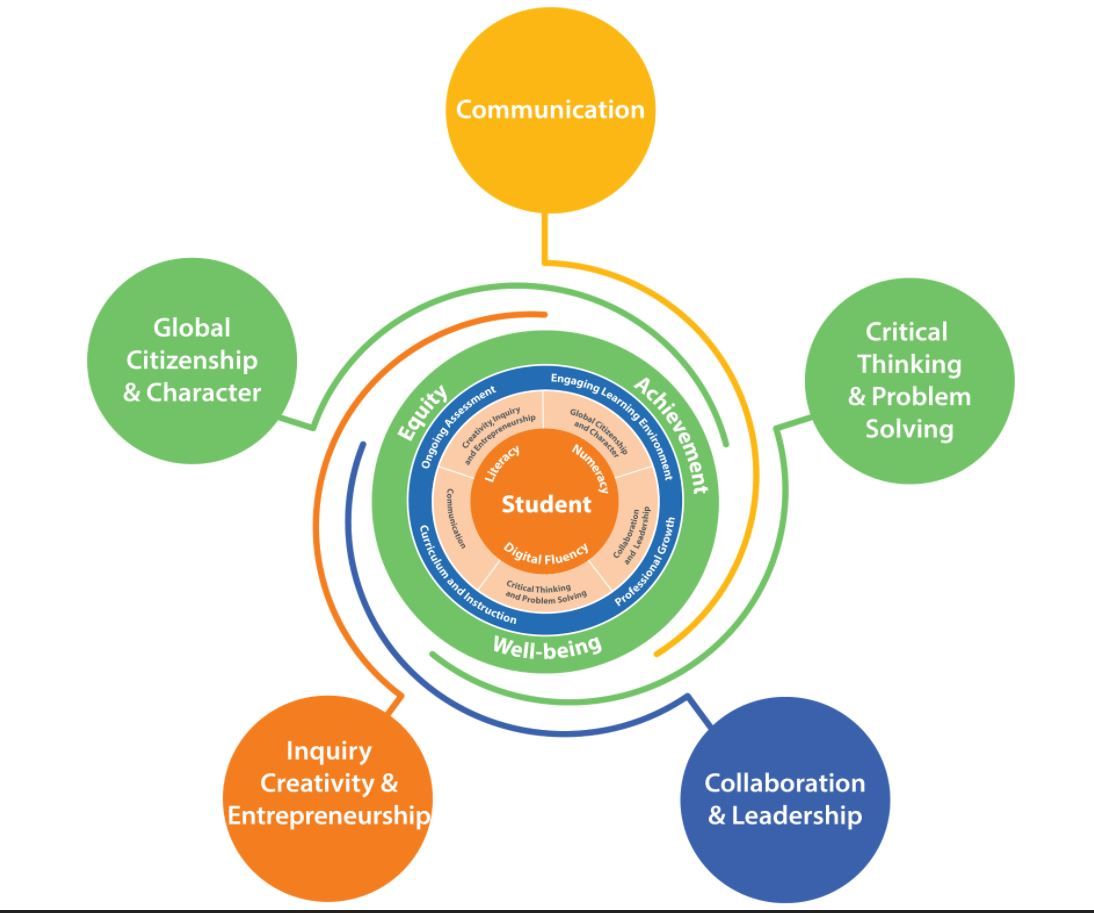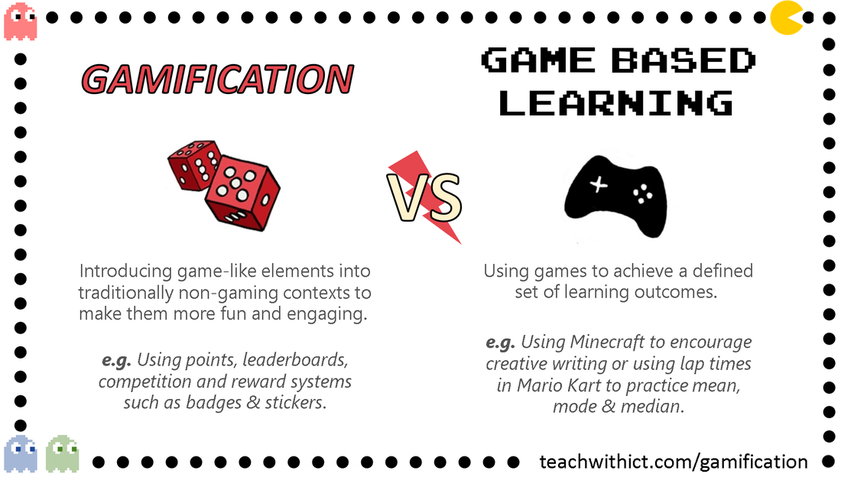Game-Based Learning with Melissa Burns
Feb. 27, 2023
CoryB

https://moneynewsnational.com/wp-content/uploads/2020/01/Esports-768x512.jpg
Melissa Burns is the founder and chair of Esports Canada, and a National award-winning educator and international speaker within the field of Esports.
One of the first things she had us do was go jam board and answer the questions, "What is the PURPOSE of education?" Some of the answers included, "to teach and learn," "to learn and contribute to society," and "to foster knowledge that brings meaning to one's life." These were some of the answers people gave to the question that also resembles what I think about teaching.
The goal of the framework for learning she provides is that learners' success will look different for every child, and there are common traits shared among all successful learners. Learners' success always means learners are prepared to reach their full potential and to live "the good life," in which they hope, belong, and mean which for the most part follows Maslow hierarchy of needs that everyone needs to succeed.

https://i.pinimg.com/originals/49/ce/8c/49ce8cc0a1a661eb8effacb3486a4c6b.jpg
She provides a chart for Global Competencies which includes; creativity, critical thinking, collaboration, connection to self, citizenship and communication. This works well for both teachers and students in working with these concepts in mind to help one become successful in what they are doing.
Can they provide for themselves, can they figure things out on their own, can they contribute, these are some of the things she wants her students to be able to do with teaching them. Students need to find something that they can connect with so they can learn something better and have some passion when working on things. Another thing she presented was a science of learning, where it was a cycle of appropriate challenge, amygdala, and grey and white matter that cycle and circle that helps let students learn. A good quote that I take away from what she said is "you change the environment, you don't change the environment the student is in," so how I see it you provide an opportunity for the student to succeed in the background that they can relate to.
They did a test with video gamers ones that played 3 hours or more a day and people who didn't play video games. They found that "gamers," "improved cognitive abilities involving response inhibition and working memory with alterations in underlying cortical pathways." Learning from video games is more than "Just A Game," which helps with active participation, appropriate challenge, immediate and ongoing feedback, reward systems, and learning by doing.
Schools right now have a digital divide that has increased the importance of technology and digital literacy training in schools to close socio-economic skill gaps. An estimated 30 percent of jobs being automated by 2030, thus taking away a lot of potential jobs for students and people currently working.

http://www.teachwithict.com/uploads/5/5/8/2/5582303/published/gamification_1.png?1530360207
Game-based learning - This is the addition of an actual game as part of the learning process.
Gamification - is the application of "game elements," to non-game activities.
Melissa's example is Game-based learning using play as a tool for learning. Explicitly using interactive problem solving, constant feedback, and adapted learning paces of games to increase engagement and skill development. Ex. Board games in class and video games and Esports in class. Esports are games based on skill and don't have any luck involved in them. Some more examples of Game-based learning are game dev (development), scholastic Esports (Used for education), Competitive Esports (extracurricular), and video games, along with others mentioned earlier.
Gamification is incorporating game elements, mechanics and dynamics to attain specific outcomes. Ex. point-based reward system for classroom management and "badge" and micro-credentialing systems.
Digital literacy: System, sense-making, power and agency, and exploration and design. Social-emotional learning self-awareness self-management, regulation, social awareness, relationship skills, and responsible decision-making.
Self-efficacy - pedagogy > Expertise, Growth mindset, and future ready.
My takeaway from this presentation is that game-based learning is a great way to motivate learners that have a passion for gaming. Game-based learning gets students to think creatively, and critically, and lets them work on their decision-making skills, by working on such projects using Minecraft Education, where students can create anything you want them to for whatever topic or subject that you are teaching. The idea of using this sounds good, but is something I feel for myself to teach in the classroom will still need a lot of practice before I teach this to anyone. I do, however, look forward to trying this anyways one day even if it doesn't necessarily work out too well the first few times. Both game-based learning and Gamification are perfect for adding fun to assignments that most of the time are boring and are not interesting for the students.
Comments
Anonymous
March 1, 2023
Great summarization of Melissa,s presentation! Game based learning will change the education system for the better!
Anonymous
March 3, 2023
Excellent summary you wrote for this presentation.